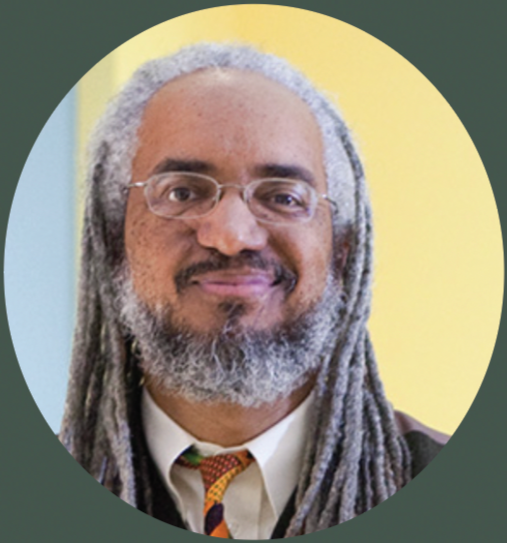ABOUT
Tom Weiner
Tom is a social justice activist who addresses issues of fairness and access in his work and in his community. In the past he has held positions ranging from co-chair of the Civil Rights Committee of the Northampton Public Schools to membership on the Journey Towards Wholeness committee seeking greater racial and socio-economic diversity in the local Unitarian Society and the zoning revisions committee as the outreach representative. More recently he has been a member of a men’s cross-race dialogue group and the Bridge4Unity, both intended to promote racial justice and healing. His major endeavor of the past 2 years in this realm has been being one of the co-founders of the Northampton Reparations Committee whose efforts included a petition seeking reparative justice for the city signed by over 1000 people and the unanimous passage of a Reparations Resolution that has set up a Reparations Commission to study past and current harms to Black citizens and to recommend measures that will redress these harms as well as to prevent them from continuing.
Tom taught and mentored student teachers at the Smith College Campus School in Northampton, MA, a laboratory and teacher training elementary school, for 40 years. For the last 33 he was a 6th grade teacher. In addition, he has taught high school to inner city Upward Bound students at the University of Connecticut for 19 summers ending in '95 and summer school in Northampton for 15 years.
Since his retirement he has written three more books as indicated in the BOOKS section of this website (https://www.tomweinerauthor.com/). In addition he has been co-facilitating workshops entitled, “Developing Healthy Boys” for pre-school teachers, administrators and parents as part of the Merge For Equality organization (www.mergeforequality.org). He continues to get much satisfaction from playing the piano, riding his bike, being in his men’s group, now in its 45th year, and spending time with his family.
Amilcar Shabazz
A professor of history and Africana Studies in the W. E. B. Du Bois Department of Afro-American Studies at the University of Massachusetts, Amherst since 2007, Shabazz served as the department’s seventh chair from 2007 to 2012. In 2013, he accepted a central administrative appointment as Faculty Advisor to the Chancellor for Diversity and Excellence. He continues to teach in the department with an emphasis on the political economy of social and cultural movements, education, and public policy. His book Advancing Democracy: African Americans and the Struggle for Access and Equity in Higher Education in Texas was the winner of the T.R. Fehrenbach Book Award and other scholarly recognitions. The Forty Acres Documents, a volume he co-edited with Imari Obadele and Johnita Scott Obadele and for which he wrote the introduction, was one of the earliest scholarly works in the modern movement for reparations for slavery and the racial oppression of people of African descent in North America. Presently, he is completing an historical biography of lawyer-journalist-entrepreneur Carter Wesley.
Born in Beaumont, Texas, Shabazz graduated from Monsignor Kelly High School, followed by a bachelor’s degree in economics from The University of Texas at Austin, a masters from Lamar University, and a Ph.D. from the University of Houston, both in history. In 2008, Shabazz was added to the Texas Institute of Letters’ roster of distinguished writers. He is a past president of The National Council for Black Studies, the premier organization of Black Studies professionals in the world.

